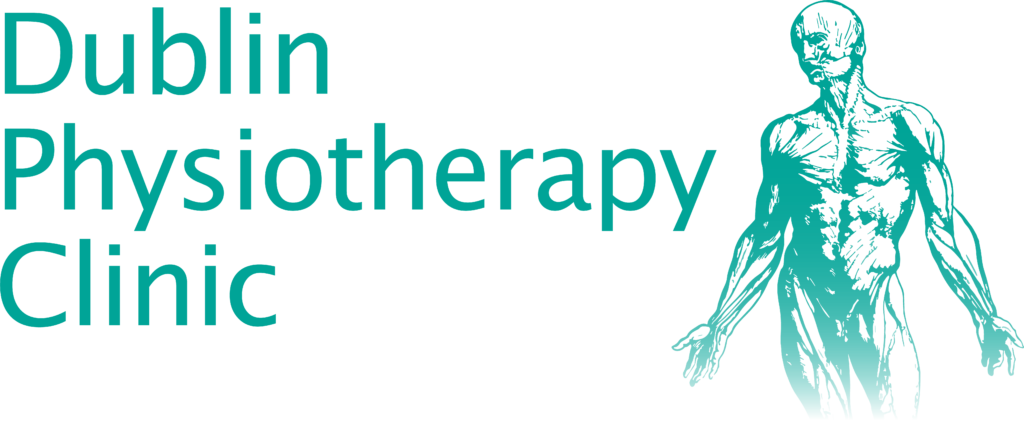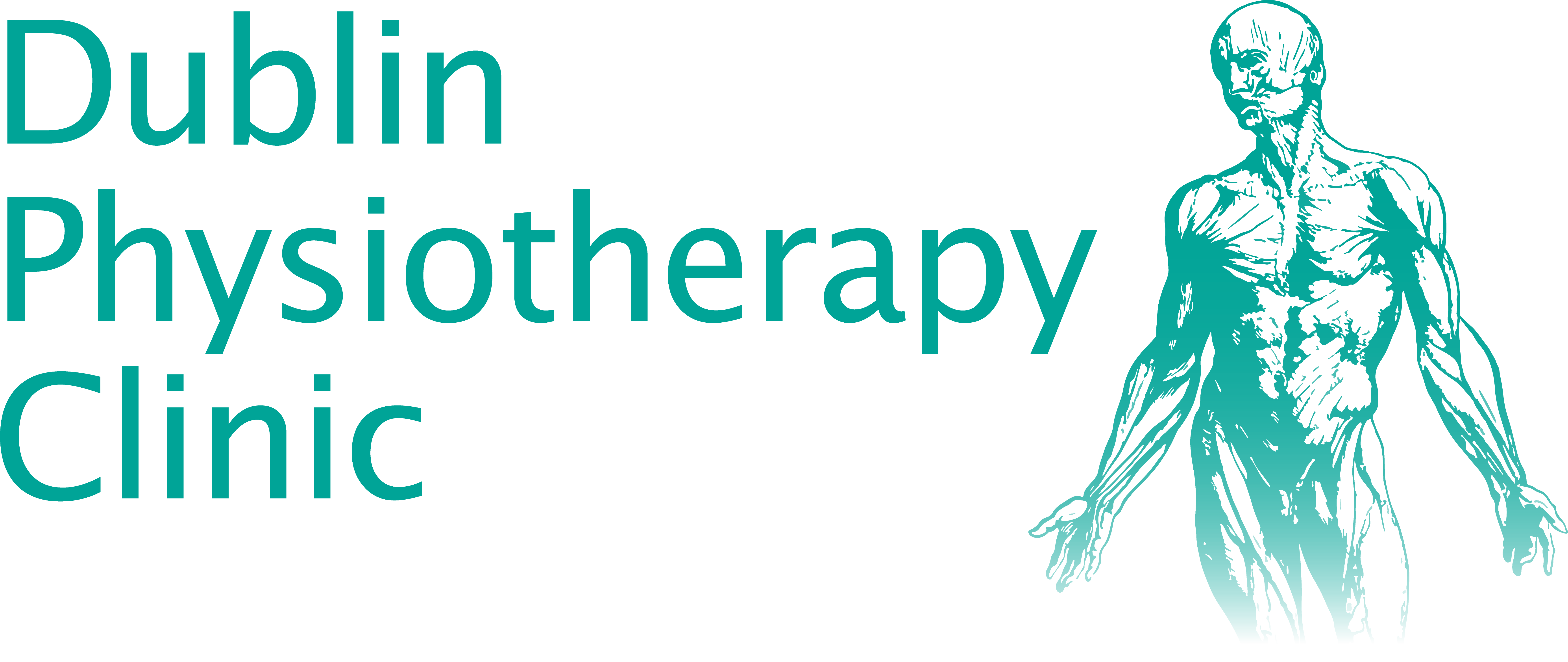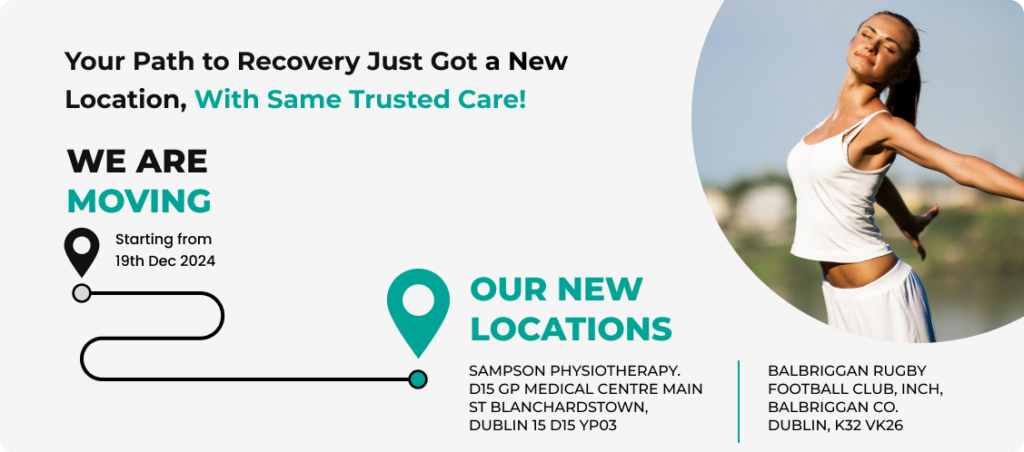POST-SURGICAL REHABILITATION
The type of treatments that are conducted depend very much on the type of surgery, the area of the body, the time since procedure and your normal level of function. The most frequent surgery which we see involve:
- Knee surgery
Arthroscopy (clean-up operation), partial meniscectomy, ACL reconstruction and total replacements. - Total hip replacements
These can be hip resurfacing operations (called the Birmingham hip) or a total hip replacement. - Spinal surgery
The two main procedures are discectomy (in which a proportion of the damaged disc is removed ), foraminoplasty (a procedure for older spines where degenerative change has produced Osteophytes narrowing the space for nerve roots or spinal cord) or spinal fusion (where metalwork is inserted to stabilize unstable spine). - Shoulder surgery
The most frequent procedure is an acromioplasty (in which the undersurface of the collar bone is shaved to increase the space for thickened rotator cuff tendons), rotator cuff repairs (where they torn muscles of the rotator cuff are re-attached) - Shoulder reconstructions (which are required when the shoulder has been repeatedly dislocated).
- Post-Surgical Rehabilitation
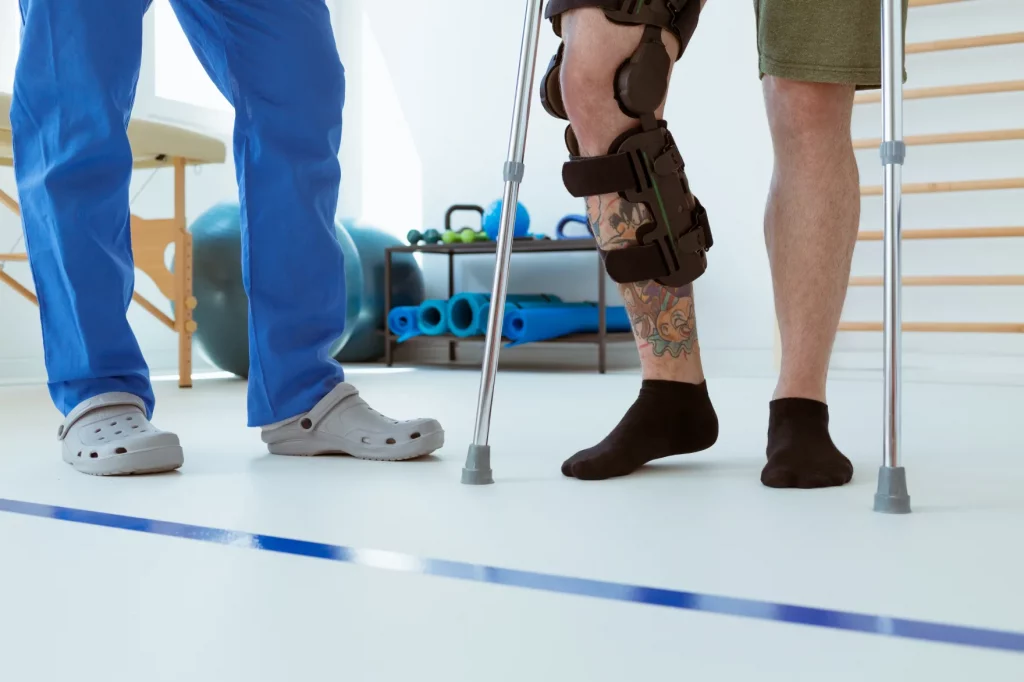
There are other types of general surgery which sometimes have secondary implications for the musculoskeletal system. These would include:
- Abdominal surgery
- Cesarean sections
- Varicose vein procedures
- Sternotomy (for cardiac procedures)
- Hernia repair
Although these relatively common procedures to not directly involve the musculoskeletal system there are frequently secondary effects of stiffness and pain as a consequence of the procedures.
It is vitally important that the physiotherapist liases with the consultant surgeon to ensure that the specific rehabilitation protocol is followed. This is in the patient’s best interest because the surgeon has the advantage of seeing detail in the surgery which cannot be observed clinically. This information can influence the rehabilitation protocol and very importantly the timing of when different activities are introduced.
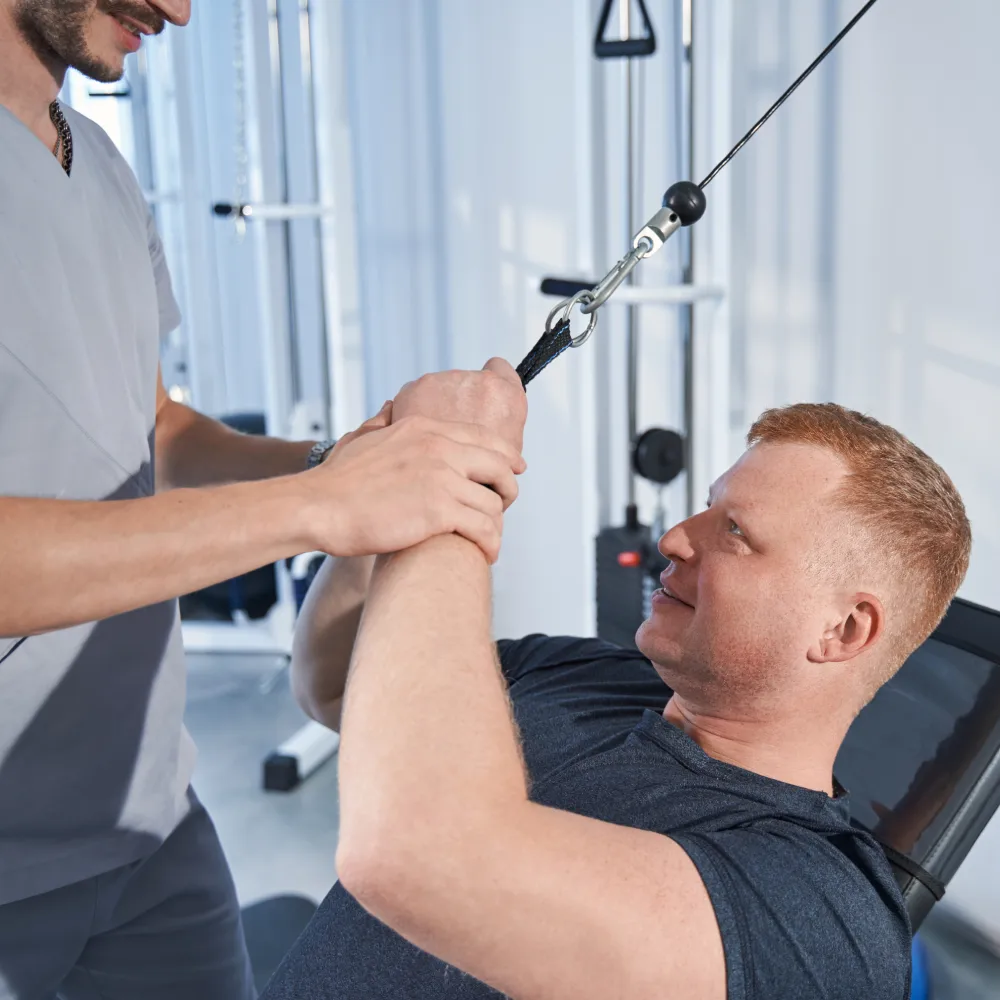
The rehabilitation of these conditions is specific to each individual problem and may involve:
- stretching
- joint mobilizations
- muscle strengthening
- balance and coordination work
- sport specific tasks
- occupational activities as required
JOIN OUR MAILING LIST
EMAIL:
